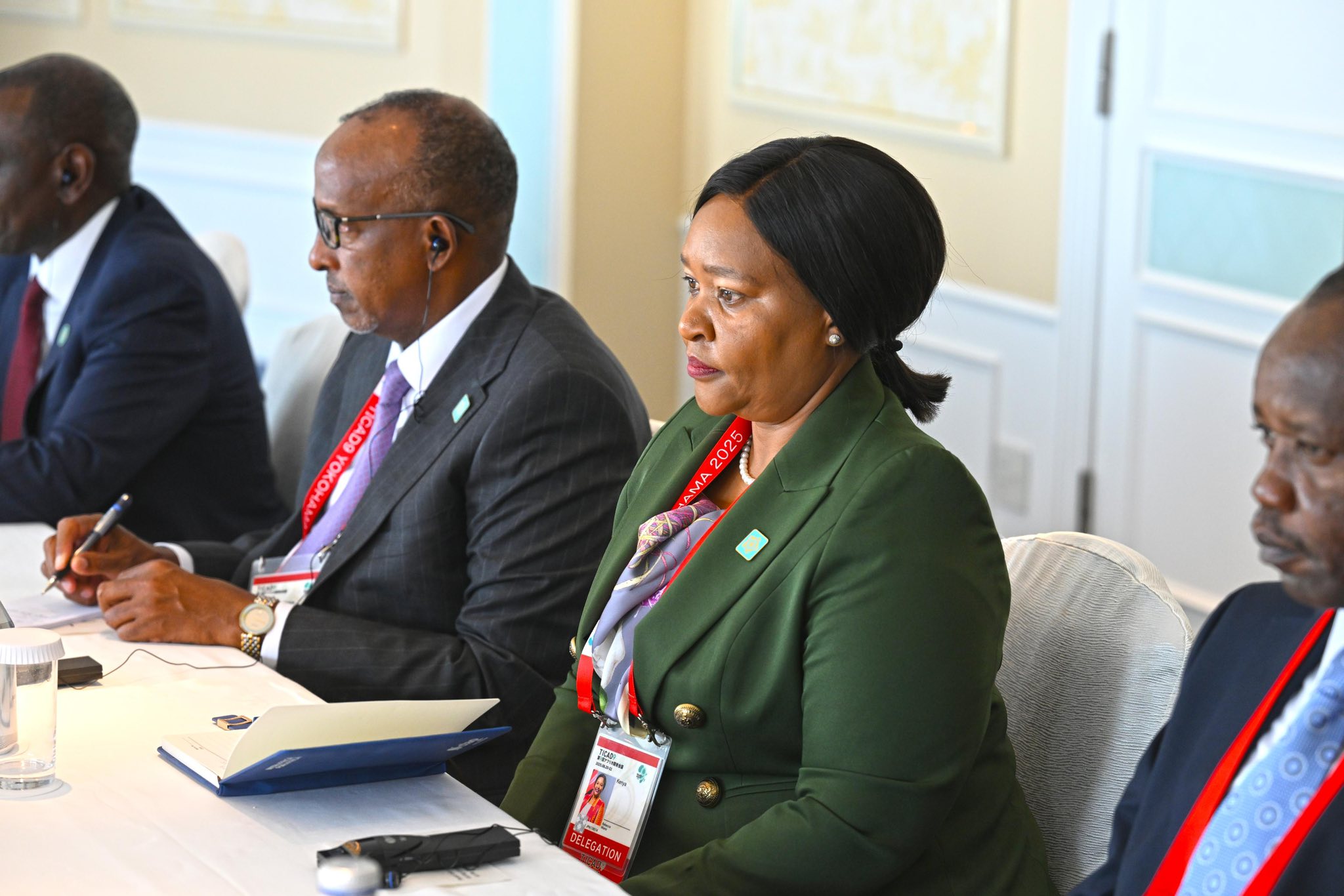

Health Cabinet Secretary Aden Duale is leading a high-powered Kenyan
delegation, engaging in crucial discussions with Japanese officials to explore
further support for Kenya’s health sector.
The series of meetings on the sidelines of
TICAD9 are aimed at enhancing the long-standing partnership between Kenya and
Japan, particularly through the Japan International Cooperation Agency (JICA),
which has been instrumental in strengthening Kenya's healthcare system for
decades.
JICA's extensive support encompasses technical
cooperation, grant aid, and loans, focusing on critical areas such as
infectious disease control, human resource development, and the promotion of
Universal Health Coverage (UHC).
Over the years, JICA has established a robust
partnership with the Kenya Medical Research Institute (KEMRI), providing nearly
40 years of support aimed at enhancing research, training, and capacity
building.
Among the key initiatives backed by JICA is
the emphasis on infectious disease control.
The agency has played a vital role in vaccine
development, routine immunisation programs, and bolstering surveillance and
laboratory capacities to combat various health challenges.
Recently, during the COVID-19 pandemic, JICA
donated PCR test kits and provided additional support to enhance Kenya's
testing and response capabilities, significantly aiding the country's pandemic
response efforts.
Duale's delegation includes prominent figures
such as Abdullahi Ali, Chairman of the KEMRI Board; Elijah Songok, CEO of
KEMRI; Ayub Manya, Senior Deputy Director of Health Care Financing, Digital
Health, Policy, Research & Innovation; and Stephen Muleshe, Senior Deputy
Director of International Health Relations.
Together, they will participate in, among
other things, a high-level roundtable with Japanese parliamentarians and
African leaders to discuss the sustainability of health programs targeting
infectious diseases across the continent.
The agenda for the roundtable includes a
comprehensive evaluation of progress made, challenges faced, and the role of
global health institutions in supporting African nations.
This dialogue is crucial, as it aims
to forge pathways for collaborative solutions to ongoing health challenges that
disproportionately affect many African countries.
One of the focal points of the discussions
will be JICA’s commitment to Universal Health Coverage (UHC) in Kenya.
The agency has provided development policy
loans specifically aimed at addressing disparities in access to healthcare.
These loans have been pivotal in enabling Kenya to implement UHC-related
programs and policies, thereby improving health outcomes for millions.
In addition to UHC initiatives, JICA has also
supported school health programs, particularly in regions like Mbita, which
focus on enhancing the health environment within primary schools and promoting
the well-being of students.
This initiative exemplifies JICA's
cross-sectoral approach, recognizing that health is interconnected with
education, nutrition, and sanitation.
Duale’s team is poised to discuss innovative
strategies for engaging the private sector in healthcare solutions.
JICA acknowledges the importance of involving innovative local companies in
Africa, aiming to co-create solutions that address healthcare challenges.
The agency seeks to play a catalytic role in
linking these companies with national efforts, promoting collaboration for a
more significant impact on strengthening healthcare systems across the
continent.
As the discussions progress, JICA plans to
share Japan's experiences in overcoming health challenges, providing valuable
insights that can contribute to more effective health improvement strategies in
Kenya and beyond.
The collaborative approach emphasizes
not only the sharing of knowledge but also the importance of fostering
partnerships that can drive sustainable healthcare.

















